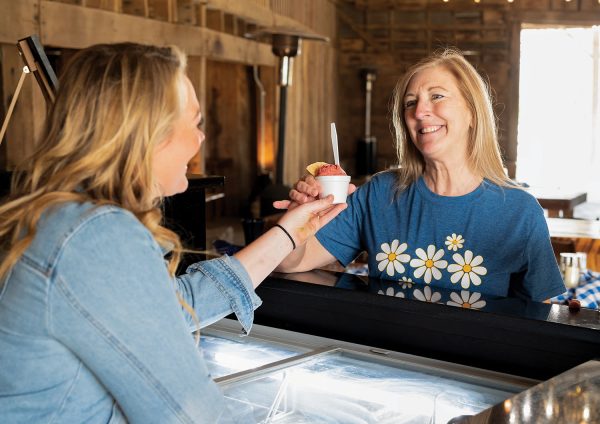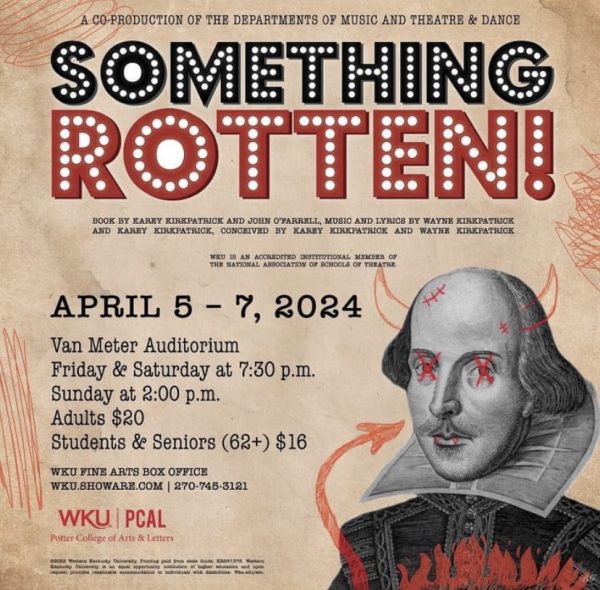Student continues dream after wreck
September 25, 2012
On any given day before summer 2011, Glasgow senior Blake Perkins would hit the gym, go to school and play music with his band. Today, he still does all those things. Only now, he exercises, studies and sings from a wheelchair.
Perkins, a pre-physical therapy/exercise science major and personal trainer, has returned to WKU this fall after a fateful motorcycle accident left him paralyzed.
“It’s hearsay what happened because I don’t remember it,” he said.
Witnesses speculate that a pipe in the road caused the wreck. The first person to the scene talked to a conscious Perkins, who said to call his mother, Karen Johnson. Johnson said she doesn’t usually answer calls from strange numbers, but this one was different.
“It’s a call that a parent never wants to get, but I am glad that I didn’t ignore it,” she said.
When she arrived at the scene, Johnson found her son still awake and able to recognize her. She wouldn’t look at any of his body because of the severity of his injuries.
“I didn’t pay attention to anything but his face,” she said.
Perkins was airlifted to Vanderbilt Hospital Intensive Care Unit. He sustained multiple injuries including a fractured shoulder, a broken hand, leg and back. He also had his spleen removed and suffered a pseudoaneurysm in his heart.
After three weeks in the ICU, Perkins was transferred to the Shepherd Center for spinal cord rehabilitation in Atlanta where he stayed for four months. He praised the center for helping with his healing process.
“It brought me life again,” he said.
The transition from being mobile and self-sufficient to depending on others was hard for Perkins and his loved ones. His girlfriend of five years, University of Louisville student Hannah Steen, recalls the difficulty of adjusting to a different life.
“It was hard to see him go from being independent, working three jobs and working out all the time to having to be the supporter,” Steen said. “It has made us stronger…We have been through in a year what some couples don’t go through in a lifetime.”
Although life is different in a more “meticulous” way, as Perkins describes it, he hasn’t changed his passion for his studies. In fact, he said the first thought he had after waking up in the ICU was, “I’m ready to go back to school.”
Perkins still works as a physical trainer for the Bowling Green Athletic Club, but his methods have changed.
“I have to get better at explaining exercises and techniques. I can’t show how to do every move, which is challenging,” Perkins said.
His personal exercise regimen has also shifted.
“Like most 18-19 year-olds, I wanted to get as beefy as possible,” he said. “Now I exercise to be healthy. It’s a completely different outlook. Pushing 200-250 pounds in a wheelchair doesn’t make sense.”
Although simple activities are much more work, Perkins remains optimistic in his new lifestyle.
“His motivation and positivity has kept our family positive,” his mother said. “He knows that he is still here for a reason.”
Perkins wants to end prejudice to people in different situations.
“Be open to people no matter what position they are in — standing or sitting,” he said. “You never know when you will be on the other side.”


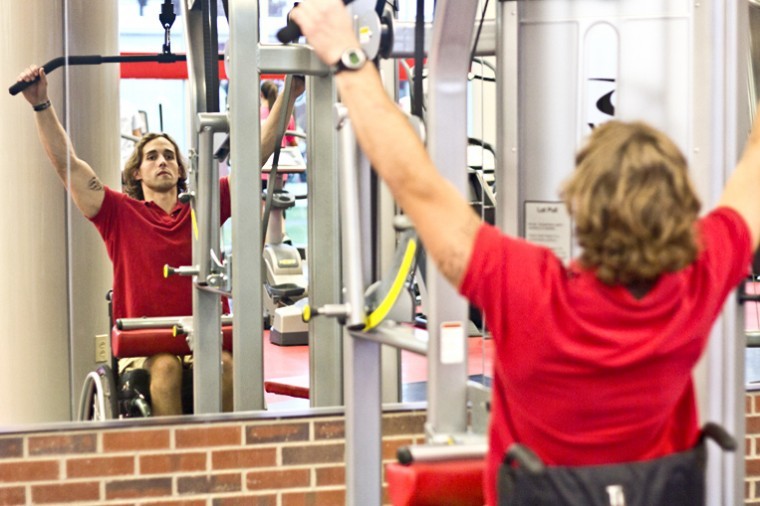









![Students cheer for Senator at Large Jaden Marshall after being announced as the Intercultural Student Engagement Center Senator for the 24th Senate on Wednesday, April 17 in the Senate Chamber in DSU. Ive done everything in my power, Ive said it 100 times, to be for the students, Marshall said. So, not only to win, but to hear that reaction for me by the other students is just something that shows people actually care about me [and] really support me.](https://wkuherald.com/wp-content/uploads/2024/04/jadenmarshall-1200x844.jpg)

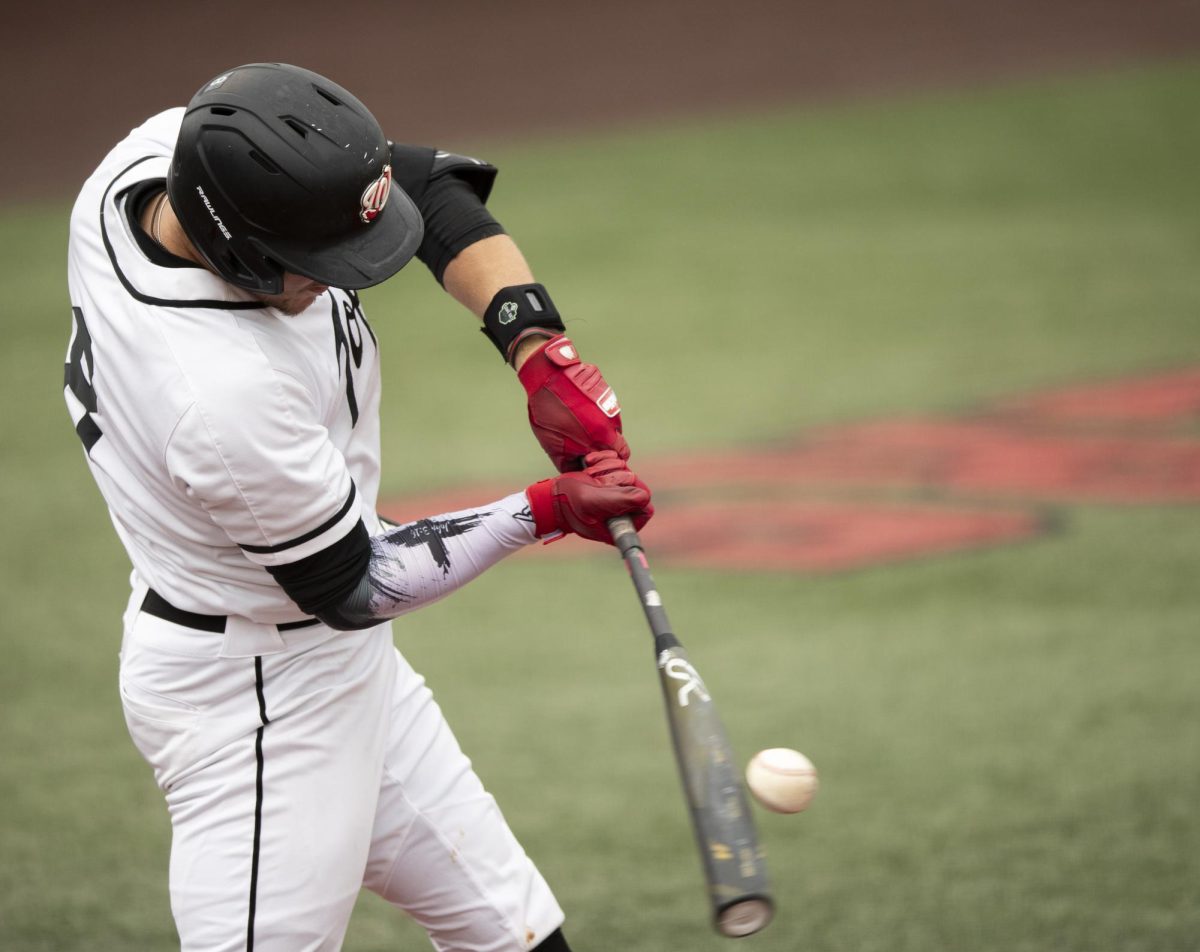
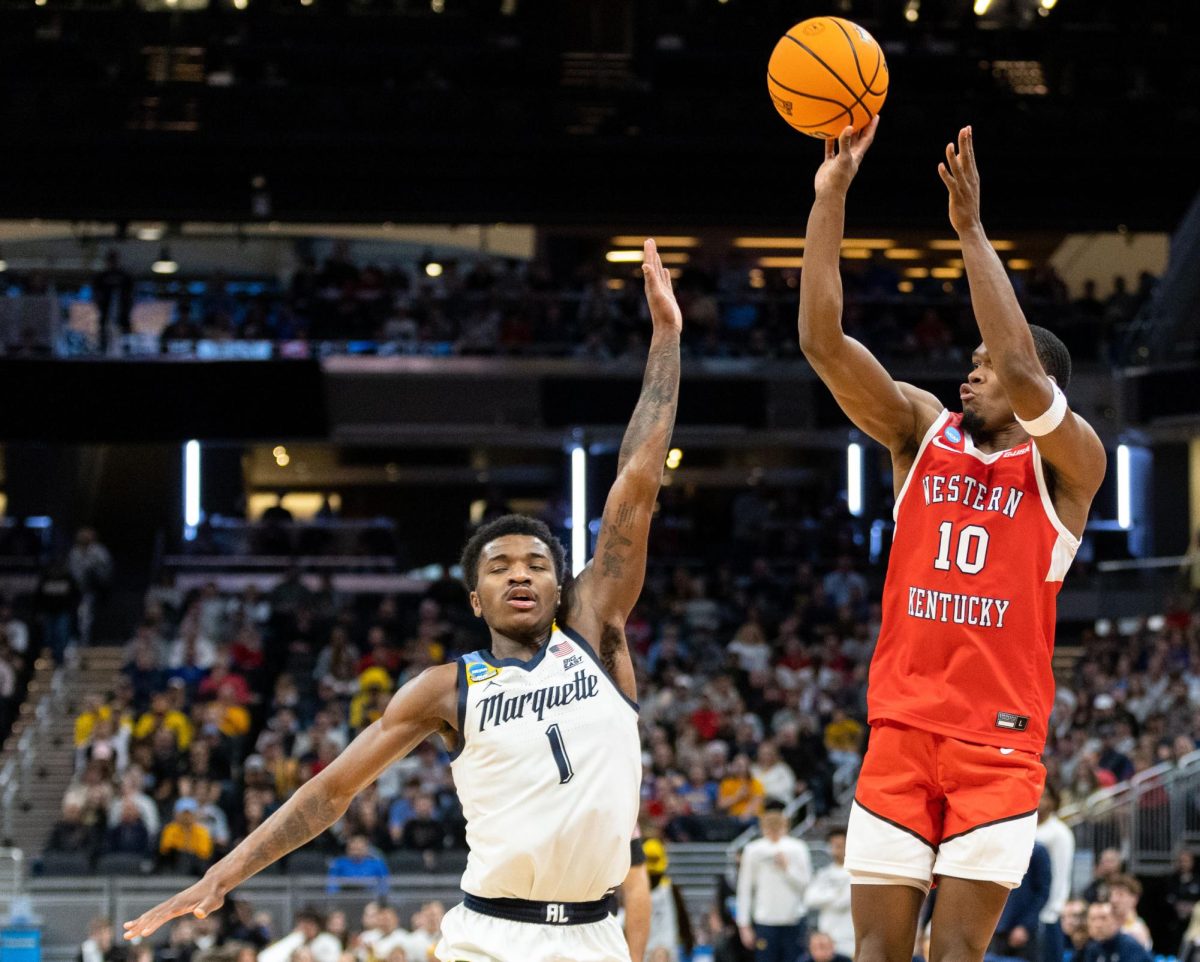



![Megan Inman of Tennessee cries after embracing Drag performer and transgender advocate Jasmine St. James at the 9th Annual WKU Housing and Residence Life Drag Show at Knicely Conference Center on April 4, 2024. “[The community] was so warm and welcoming when I came out, if it wasn’t for the queens I wouldn’t be here,” Inman said.](https://wkuherald.com/wp-content/uploads/2024/04/smith_von_drag_3-600x419.jpg)




